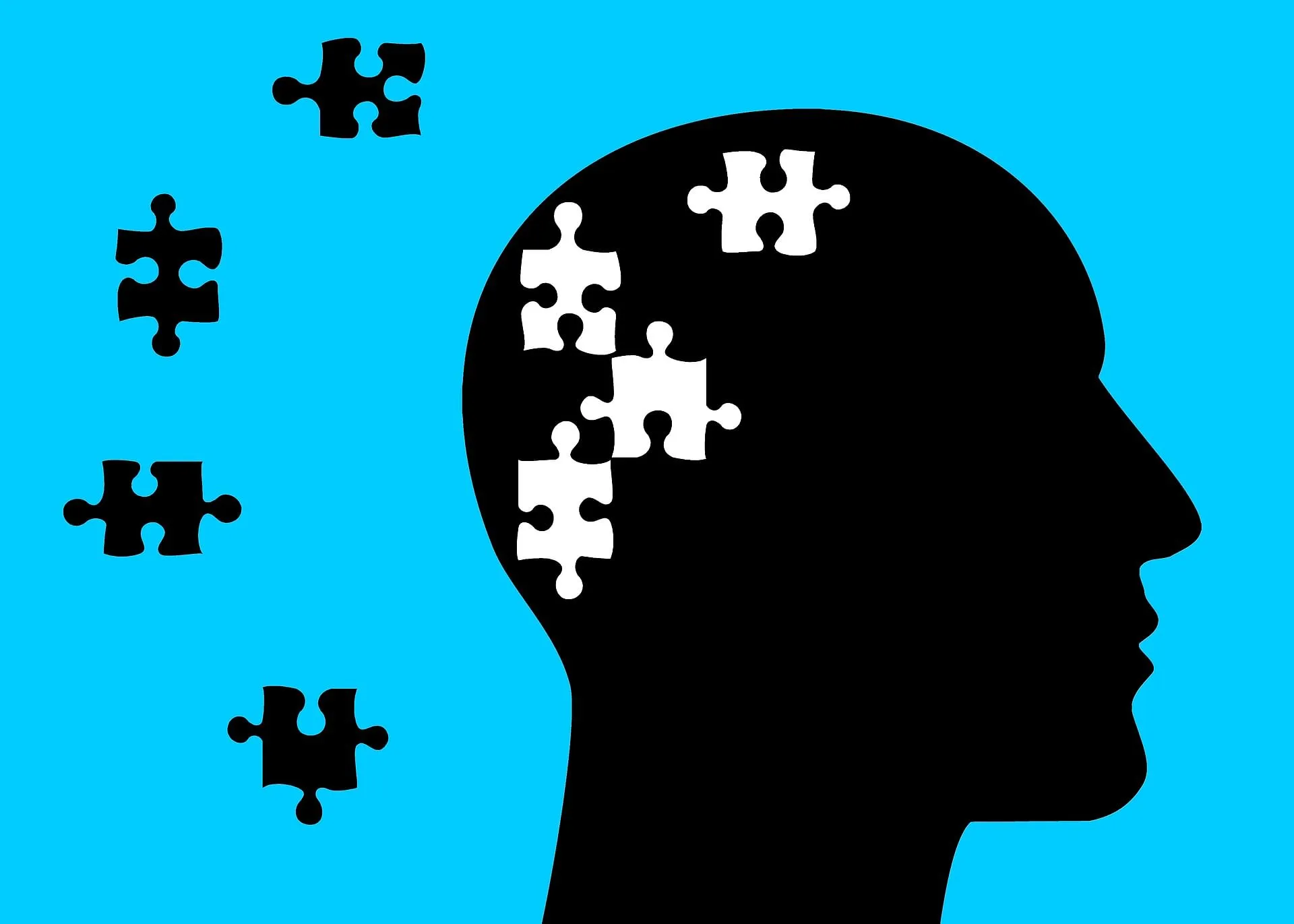Mental health is an essential and inseparable component of health next to physical and spiritual wellbeing. The outbreak of epidemic disease (COVID-19) nationwide and also in Kashmir has been detrimental to the physical, mental and social health of people in Kashmir like elsewhere. The perpetual state of epidemic continues to take a heavy toll on lives, destabilizing social, economic and political mainstreaming in Kashmir.
Precautionary measures like social distancing can upsurge solitude & are ignored predominantly in elder people. The perpetual pandemic led to the breakdown of social relations and families. The state of perpetual anxiety and fear of positive cases has given rise to mental disorders transcending human barriers of age, gender, occupation and communities. The ripple effects of physical and mental health have resulted in a myriad of psychological problems such as anxiety, depression and Post-Traumatic Stress Disorder (PTSD). Inadequacy of preventive and curative systems, in the inverse doctor-patient ratio of 1:1880 as against the standard of the World Health Organization ratio of 1:1000 is another disturbing scenario in Kashmir valley.
Deaths due to coronavirus have added to the trauma Kashmiris have been witnessing over the past three decades. Therefore, it is not surprising that the psychological morbidity gripped one-third of the population into mental illnesses in Kashmir valley which is poorly equipped in overcoming challenges in diagnosis, screening and cure of mental health patients.
As citizens of J&K, the mentally ill are entitled to all those human and fundamental rights which are guaranteed to each and every citizen by the constitution of India, to the extent their disability does not prevent them from enjoying those rights or their enjoyment is impliedly barred by the Constitution by any other Statutory law. The State Government is under a duty to establish or maintain psychiatric hospitals or psychiatric nursing homes for the admission, treatment and care of mentally ill persons at such places as it thinks fit. This is further strengthened by the Supreme Court in Accused X v. State of Maharashtra stating that every person with mental illness shall have a right to live with dignity.
The Jammu & Kashmir Legal Services Authority (Legal Services to the Mentally Ill persons And Persons with Mental disabilities) Scheme, 2010, [2015]The J & K Legal Services Authority Scheme, 2010, primarily targets access to person with mental disability in line with UN Convention on the Rights of Persons with Disabilities (CRPD), 2008. The legal services institutions such as District Legal Services Authorities, Tehsil Legal Services Committees, and High Court Legal Services Committee are thus under a duty to extend the rights of the mentally ill persons. Thus, it’s mandatory upon the legal services institutions to invoke Chapter VI of the Mental Health Act, 1987 in Kashmir. The Mental Health Act, 1987 has been amended many times until Mental Health Act, 2016 which strengthens patient rights for the treatment and care of people with mental health conditions in the health system. The amended Act is an improved version in respect to best clinical practices for mental illness. The Jammu and Kashmir Reorganisation Act, 2019 to the effect of declaring the state as union territory implies that the Mental Health Act, 2016 which came into effect on 5 March 2017 will be applicable directly to the protection of mentally ill people. By virtue of the same legislation J&K State Legal service Authority Act, 1997 was repealed and the legal service Authority Act, 1987 Central Act came into force in UTs of J&K and Ladakh.
The siege of violence is enormous as 1.8 million adults in the Kashmir valley are facing significant mental disorders. Another study by the non-governmental agency conducted by MSF, doctors without borders shows an alarming growth in the rate of suicide by 400 times due to prolonged ferocity. It brought unprecedented misery to the population of the valley. Conflict leads to breakdown of families. The prolonged violence has a cascading effect on the emotional and psychological aspects of human life. The health care services in the UT of J&K are inadequate to deal with mental health disorder patients thereby aggravating the vulnerability in Kashmir. COVID-19 has unfortunately added another burden on the mental health system of the Valley.
Conclusion
To handle the present situation, mental health of a person we need enough counseling centers and mental health rehabilitation services which will provide adequate help to those suffering from post Covid-19 trauma-related mental illness.
The author is a Research Scholar at Aligarh Muslim University






